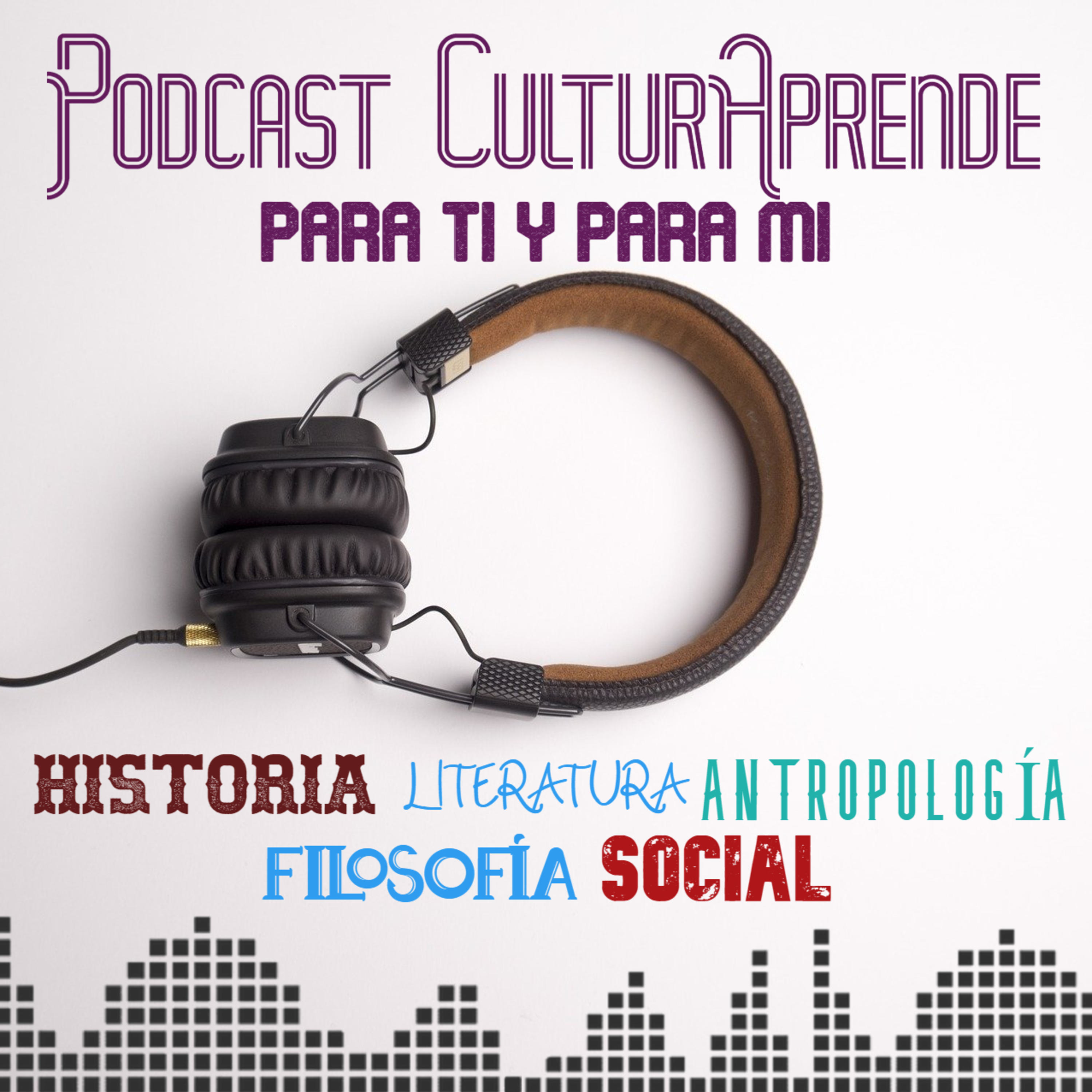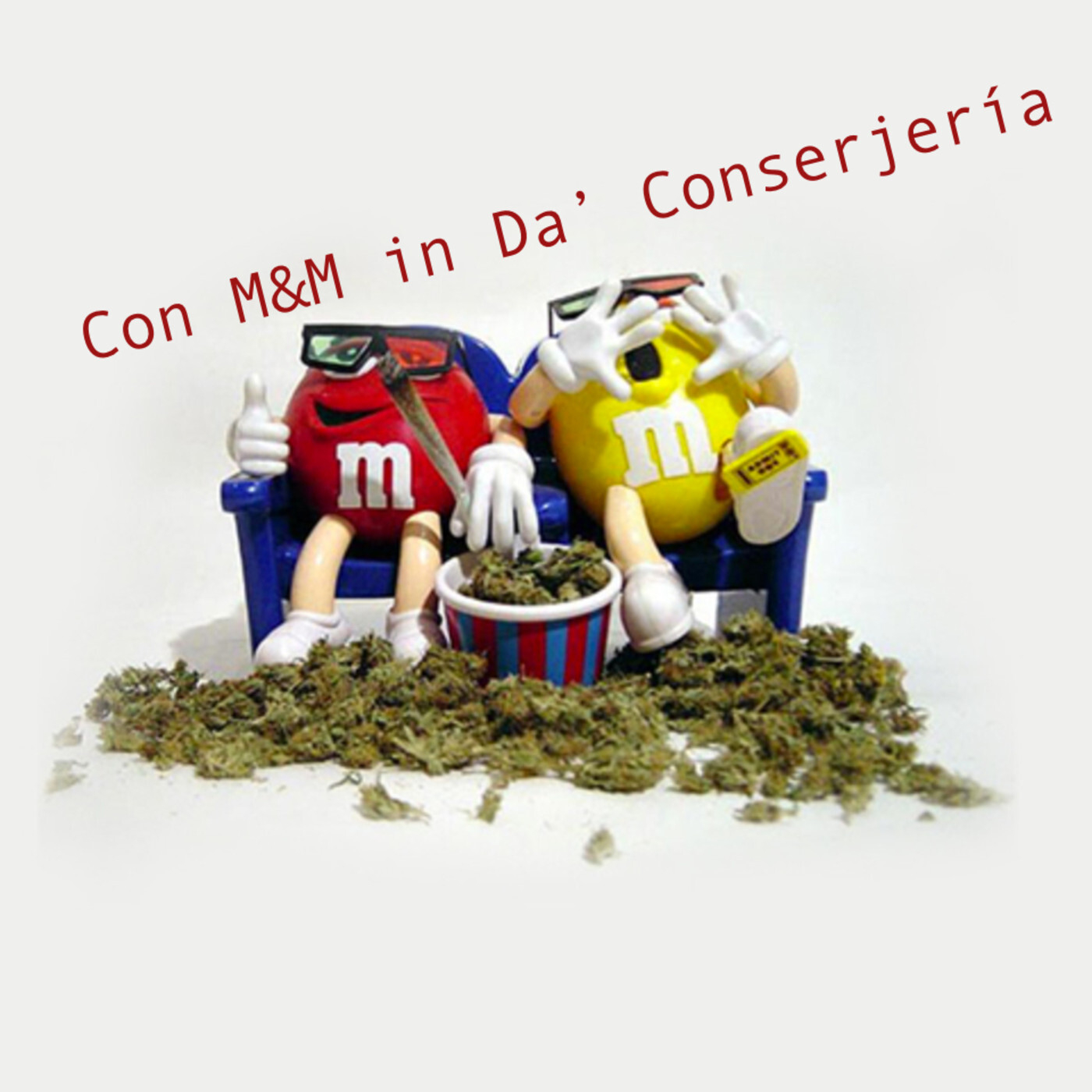 |
Shrink2Shrink's podcastSiskel and Ebert with a psychological twist Author: Dr. Colleen Mullen & Courtney Calkins, Psychology, Movie, Film, pop culture
Listen as two relationship therapists have some fun analyzing all things relationships through the lens of popular movies. We'll play movie clips and discuss them to educate you while having some fun talking about the scene. We'll be covering friendships, intimacy, dating, how to fight fair, addictions, parenting, depression, emotion management, marriage, divorce, grief, joy and really, anything else about relationships we can find! A new episode launches the last day of each month. You will learn AND have a bit of fun. Colleen Mullen and Courtney Calkins are licensed Marriage and family Therapists in California. This show is for entertainment purposes only. Language: unite Genres: Health & Fitness, Science, Social Sciences Contact email: Get it Feed URL: Get it iTunes ID: Get it Trailer: |
Listen Now...
Joker and 2 Shrinks
Tuesday, 21 April, 2020
This episode features an analysis of the mental heath portrayal depicted the 2019 film Joker. What can we learn from this movie? Contact the 2 Shrinks: Dr. Colleen Mullen https://twitter.com/DrColleenMullen Courtney Calkins - QuadFather https://twitter.com/QuadFatherMft Website http://shrink2shrink.com/ Twitter link: https://twitter.com/Shrink2Shrink Resources cited during this episode: Consequences of childhood abuse adults with major depression who experienced abuse as children had poorer response outcomes to antidepressant treatment, especially if the maltreatment occurred when they were aged 7 or younger Diminished executive functioning and cognitive skills. Disrupted brain development as a result of maltreatment can cause impairments to the brain's executive functions: working memory, self-control, and cognitive flexibility (i.e., the ability to look at things and situations from different perspectives) (Kavanaugh, Dupont-Frechette, Jerskey, & Holler, 2016). Children who were maltreated also are at risk for other cognitive problems, including difficulties learning and paying attention (Bick & Nelson, 2016). children who experience abuse or neglect are more likely to develop antisocial traits as they grow up, which can lead to criminal behavior in adulthood Post Traumatic stress. Children who experienced abuse or neglect can develop posttraumatic stress disorder (PTSD), which is characterized by symptoms such as persistent re-experiencing of the traumatic events related to the abuse; avoiding people, places, and events that are associated with their maltreatment; feeling fear, horror, anger, guilt, or shame; startling easily; and exhibiting hypervigilance, irritability, or other changes in mood (Sege et al., 2017). PTSD in children can lead to depression, suicidal behavior, substance use, and oppositional or defiant behaviors well into adulthood, which can affect their ability to succeed in school, and create and nurture important relationships. Physical consequences Childhood maltreatment has been linked to higher risk for a wide range of long-term and/or future health problems, including—but not limited to—the following (Widom, Czaja, Bentley, & Johnson, 2012; Monnat & Chandler, 2015; Afifi et al., 2016): Diabetes Lung disease Malnutrition Vision problems Functional limitations (i.e., being limited in activities) Heart attack Arthritis Back problems High blood pressure Brain damage Migraine headaches Chronic bronchitis/emphysema/chronic obstructive pulmonary disease Cancer Stroke Bowel disease Chronic fatigue syndrome AND certain regions of the brain may fail to form.










